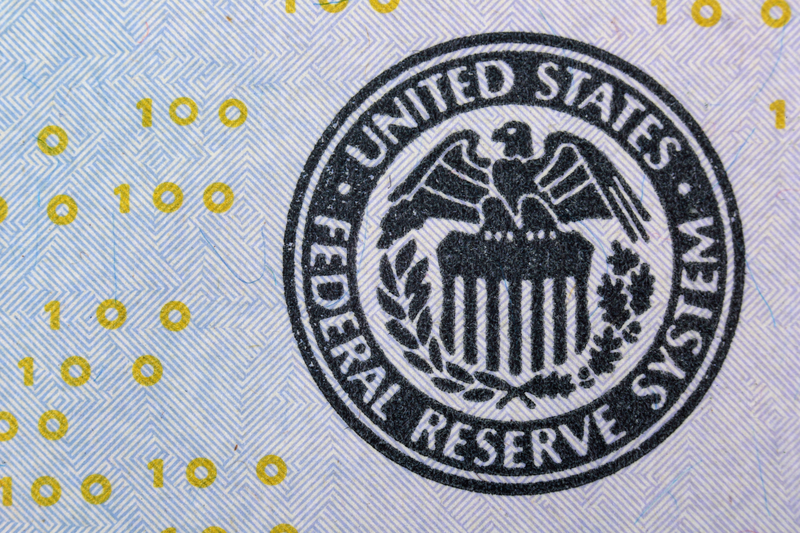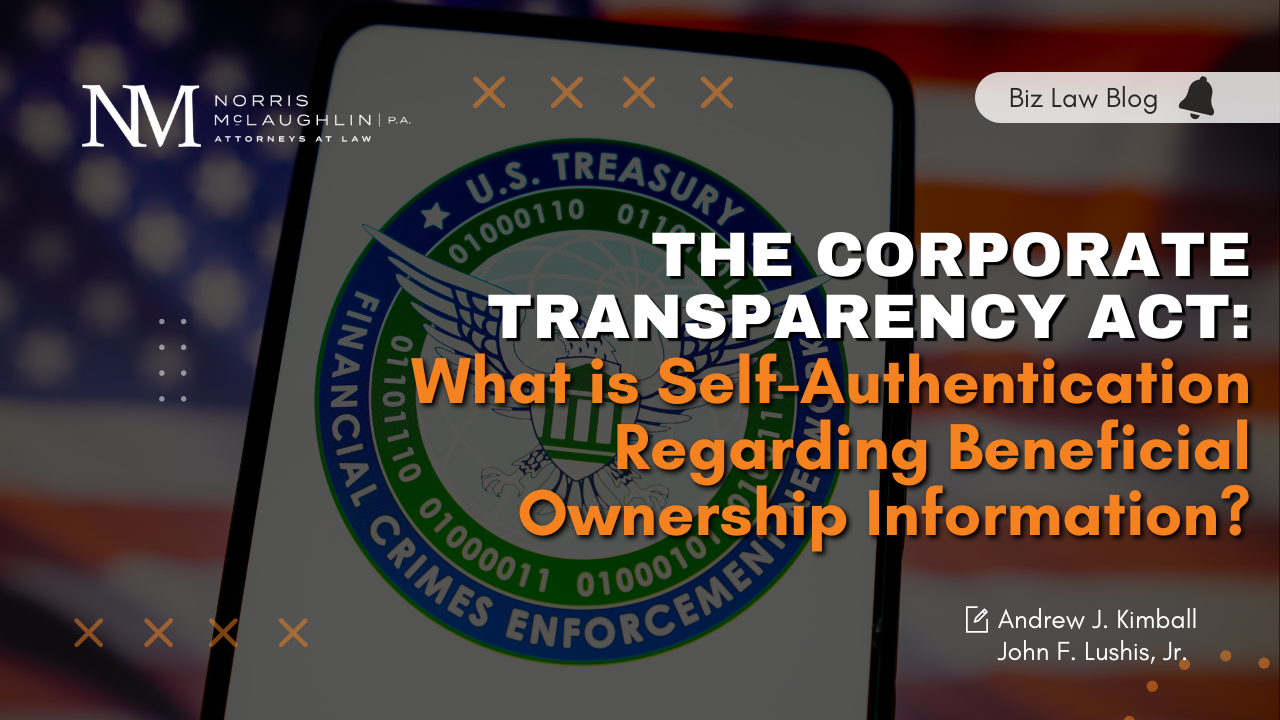LIBOR Is Fading Away; But, Perhaps, Not as Quickly as Thought

As discussed in our November 17, 2020, blog post, “LIBOR Is Fading Away,” the London Interbank Offering Rate (“LIBOR”) became a widely accepted interest rate in the 1970s in London, under an arrangement eventually formalized in 1984 by the British Bankers Association. The reference rate varied depending upon the currency in which the debt obligation was created (due to variances in foreign exchange rates, differences in capita market liquidity, and other factors that can affect loan pricing); so, for example, there is EUROBOR, JPYBOR (for debts denominated in Japanese yen), HIBOR (for Hong Kong), SIBOR (for Singapore), and the like. But, far and away the greatest use of LIBOR has been in pricing the costs of debt denominated in U.S. Dollars (“USD LIBOR”). After the discovery in the aftermath of the 2007 – 2009 Great Recession of interest rate manipulation by the banks that offered the various rates, British authorities forced a transfer of LIBOR administration to an affiliate of the Intercontinental Exchange, Inc., and mandated that LIBOR cease being used as of December 31, 2021. Thus, in our November 17 blog post, we noted, “By the end of 2021, LIBOR will no longer be published.”
Not So Fast
On November 18, 2020, the Intercontinental Exchange, Inc., announced that its affiliate, ICE Benchmark Administration Limited (“IBA”), confirmed that LIBOR reference rates would cease publication as of December 31, 2021, for debt obligations in ALL currencies EXCEPT USD LIBOR. That press release noted that IBA was in discussions with the British Financial Conduct Authority (“FCA”), other regulatory bodies, and the banks whose quoted offerings are aggregated to determine USD LIBOR daily for the relevant loan period (overnight, one month, three months, six months, and twelve months). The release also notes the powers of the FCA under the new Financial Services Bill (“FSB”) to ensure an orderly wind-down of LIBOR and the FCA’s ability to require continued publication of LIBOR benchmarks in certain circumstances.
On Monday, November 30, 2020, the IBA said in a press release that it would be having discussions with relevant parties including the FCA to cease publication of USD LIBOR on June 30, 2023, hence extending the availability of USD LIBOR pricing for an additional 18 months from the previously announced cessation date. On that same day in separate announcements, the extension proposed by the IBA was supported by the FCA, the three U.S. prudential bank regulatory agencies (the Board of Governors of the Federal Reserve System [“Fed”], the Financial Deposit Insurance Corporation [“FDIC”], and the Office of the Comptroller of the Currency [“OCC”]), and the Alternative Reference Rates Committee (“ARRC”) created by the joint effort of the Fed and the Federal Reserve Bank of New York. It is expected that the FCA will exercise its new powers under the FSB to require the participating banks to continue to quote their respective offering prices post December 31, 2021, for USD LIBOR, so that USD LIBOR would continue to be published until June 30, 2023.
Randal K. Quarles, Vice Chair for Supervision of the Fed (and Chair of the interagency Financial Stability Board established under the Dodd-Frank Act of 2010), said ”Today’s plan ensures that the transition away from LIBOR will be orderly and fair for everyone – market participants, businesses, and consumers.” John C. Williams, President of the Federal Reserve Bank of New York, concurred, noting “These announcements represent critical steps in the effort to facilitate an orderly wind-down of USD LIBOR.” Why the concerns and the extension?
LIBOR Fading Away
As noted in The Wall Street Journal (Tuesday, December 1, 2020, page B 9, column 6) there are roughly $200 TRILLION in outstanding business loans and derivative instruments priced in USD LIBOR (the “Legacy Contracts”), where the vast majority mature before June 30, 2023. The transition (including repricing) from LIBOR to some other reference rate, as discussed in our November 17 blog post, is not a simple operation. As also noted in our November 17 blog post, the choice of an alternative reference rate is in itself a complex decision. Hence, the IBA announcement is so welcomed by the U.S. bank regulators.
In their November 30 joint statement on LIBOR transition, the Fed, the FDIC, and the OCC noted that using LIBOR when entering into any NEW loans or other contracts after December 31, 2021, “would create safety and soundness risks” due to consumer protection, litigation, and reputation risks. Furthermore, a commenter noted that the extra 18 months will allow market participants to press forward with efforts to pass legislation designed to provide mandatory “fallback” revision to so-called “tough” legacy contracts, such as that now pending in the New York Legislature, as discussed in our November 17 blog post. Finally, the three U.S. banking regulators in their November 30 statement noted:
“Failure to prepare for disruptions to USD LIBOR, including operating with insufficiently robust fallback language could undermine financial stability and banks’ safety and soundness.”
It is unclear, as of now, what might be done concerning legacy contracts that mature after June 30, 2023. Nor are the final contours of the revised USD LIBOR administration yet set. As the great Scottish poet confessed in the final stanza of To A Mouse:
“And forward, though I canna see, I guess and fear.”
If you are a banking institution facing these unknowns and regulatory pronouncements, perhaps we might be of some assistance. If you have any questions concerning this post or any related matter, please feel free to contact us at pdhutcheon@norris-law.com or jlushis@norris-law.com.




